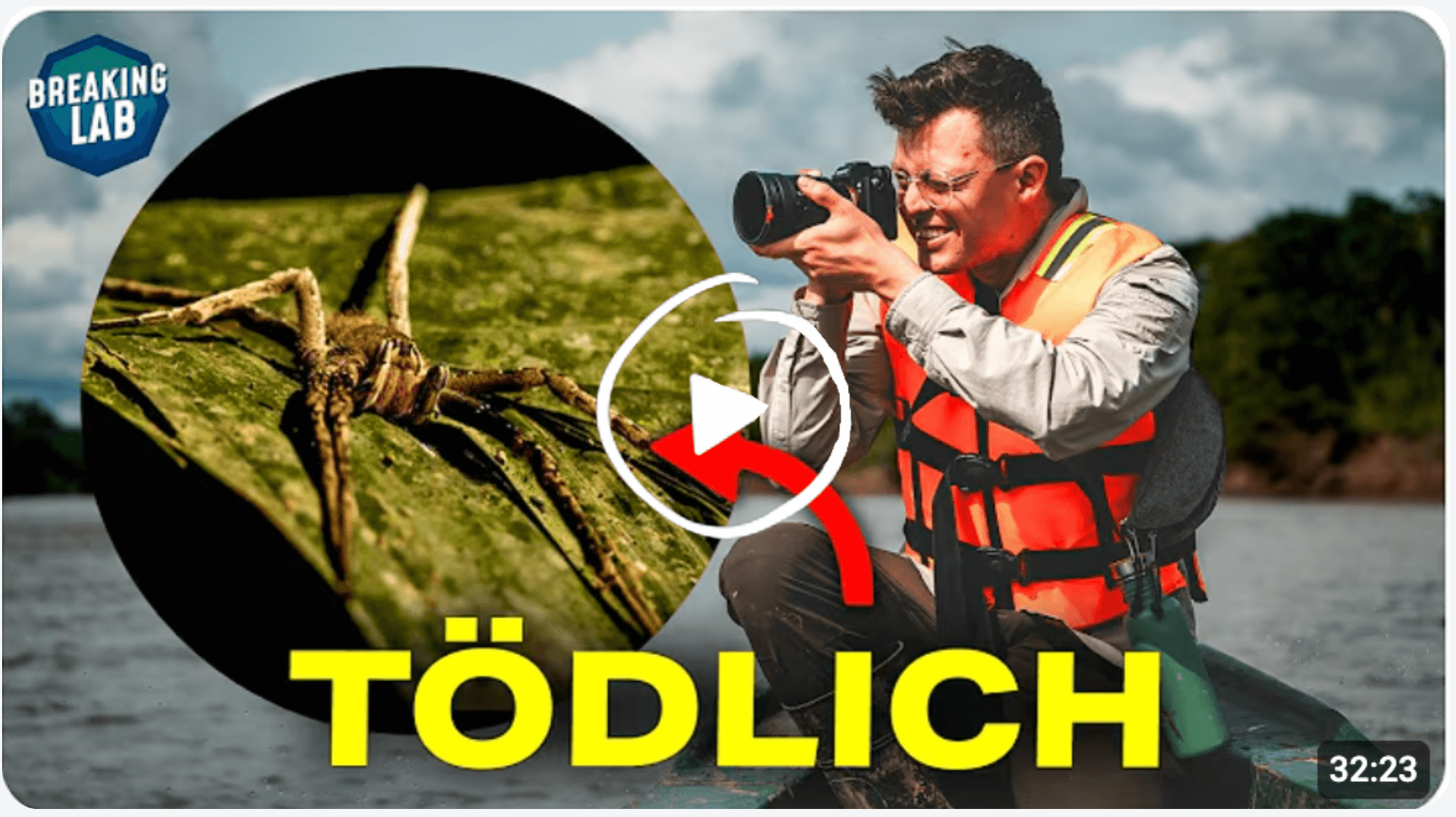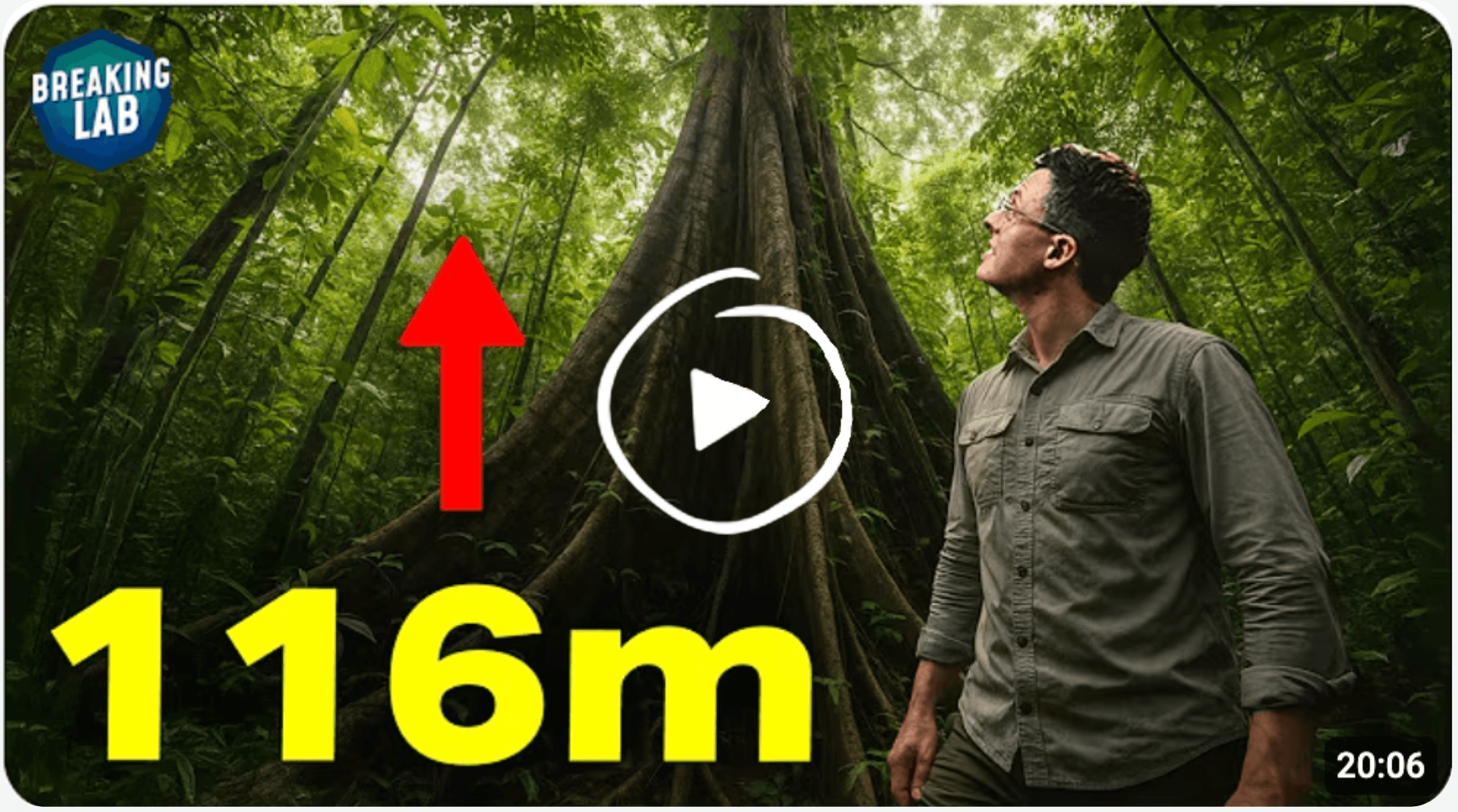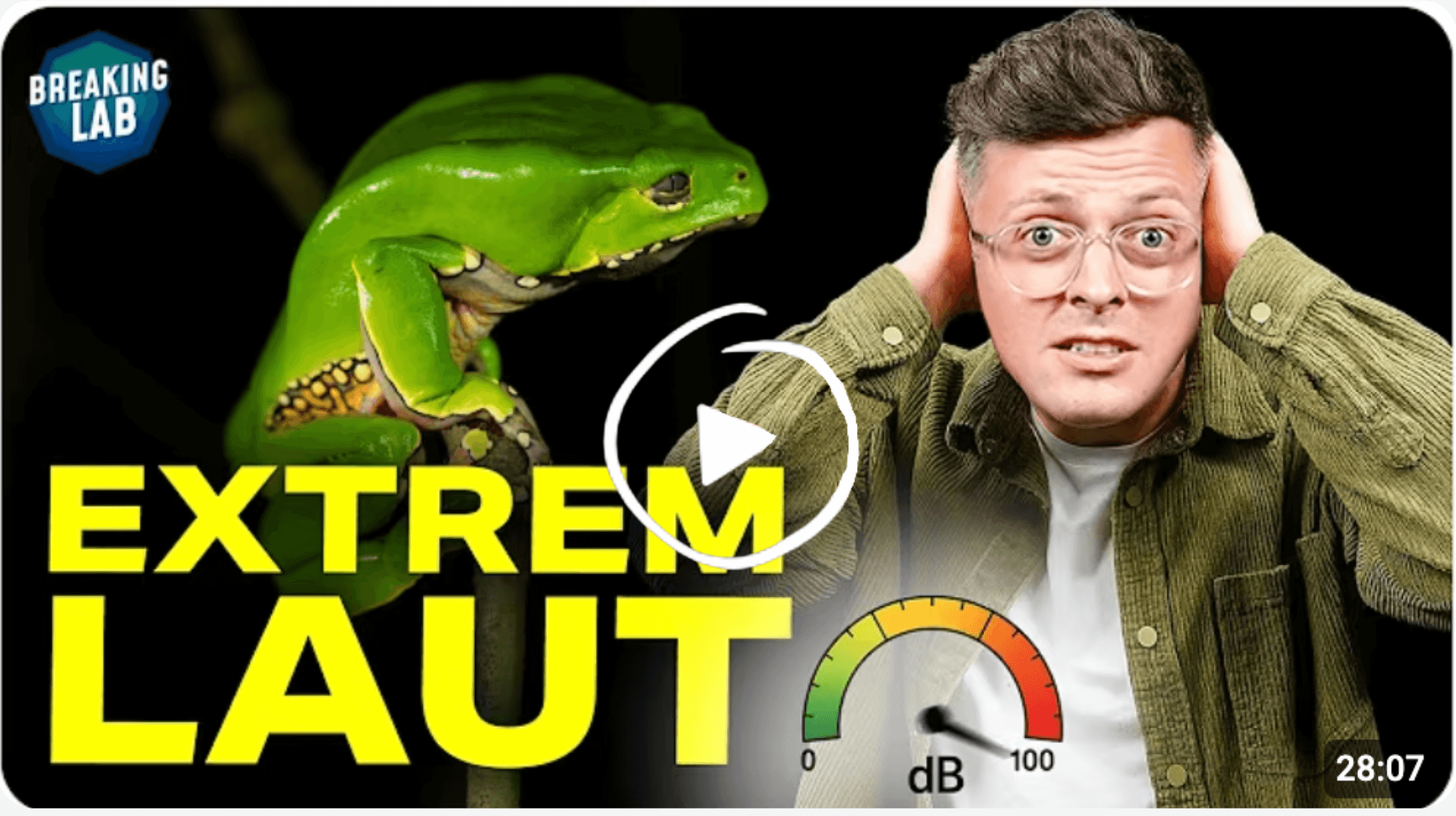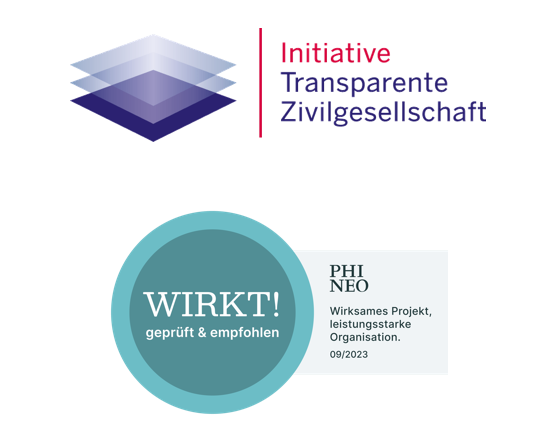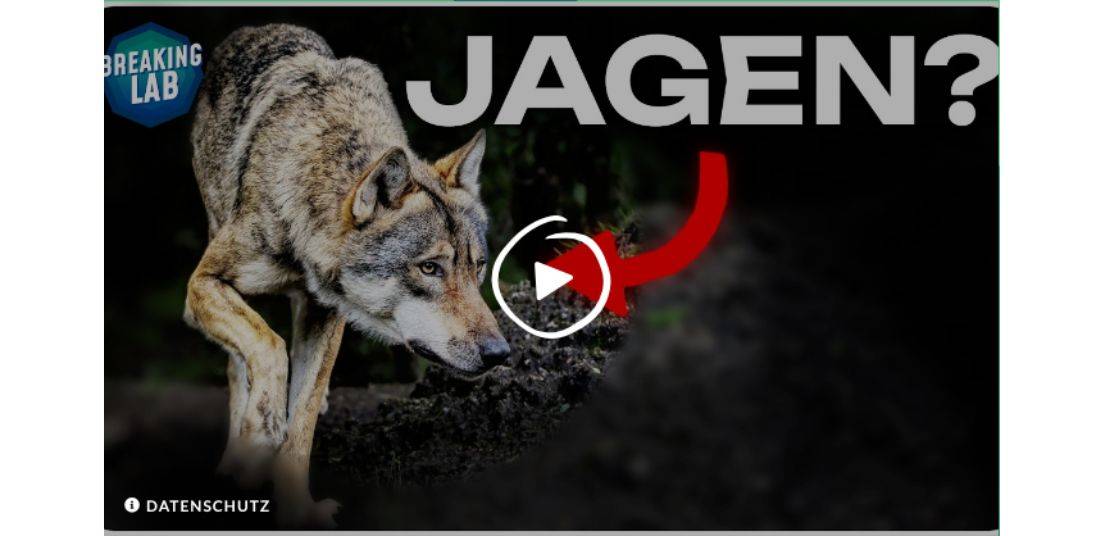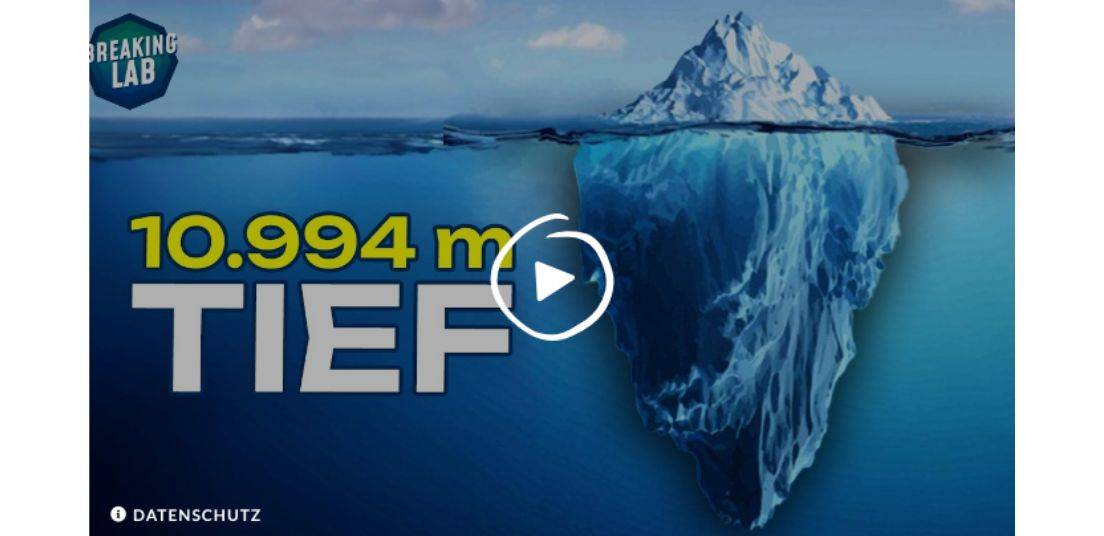The Breaking Lab Community Forest

Of giant trees, orcas, and howler monkeys
Jacob Beautemps is on an expedition with Wilderness International! Together we have already visited the rugged coast of British Columbia and the species-rich temperate rainforest; now we are heading to the Amazon rainforest in Peru, the most biodiverse place in the world! Jacob's mission: As an ambassador, he wants to show you the importance of these very special ecosystems - and why they are so acutely threatened!
Join in and protect your piece of wilderness now - for yourself or as a gift!
Let's make a difference together, because only together can we make a difference and leave a mark.
Jacob Beautemps
Content Creator & Wilderness Ambassador

Every contribution counts!
We have a great vision: to protect the last real wilderness areas in our world forever!
To achieve this, we buy ecologically valuable and acutely endangered forest areas by land register entry in order to protect them in a legally secure, permanent and transparent manner. The purchases are refinanced by your donations and protected in the long term.
Your donation at a glance:
Specific use
1 € donation protects 1 m² of rainforest
Good for the climate:
60 kg of CO2 remain permanently bound in living biomass
...transparently
you will receive a certificate with the geo-coordinates and an aerial photo of the protected forest area
Lasting effect
Your single donation guarantees the permanent protection of the area
Your wilderness certificate
Immediately after your donation, you will receive a personalized certificate about the piece of wilderness you have protected. It also makes a great gift!
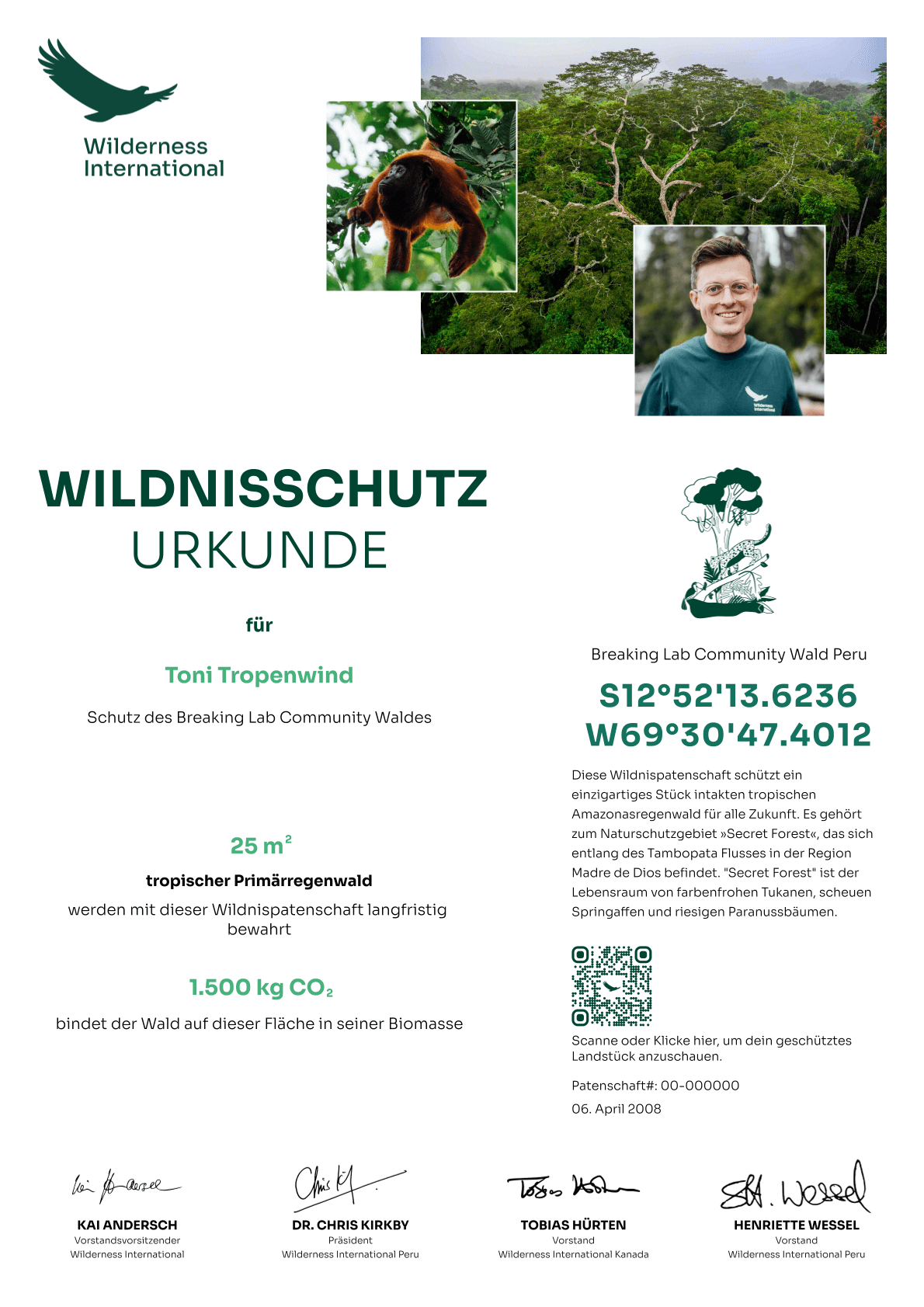
Breaking Lab in Peru
On our Peru expedition in April 2024, Jacob accompanied us and immersed himself deep into the tropical rainforest in our protected areas - whether it was to look over the shoulders of our researchers or in search of the loudest animal in the jungle.
Breaking Lab in Canada
As part of YouTopia 2024, Jacob has already protected temperate rainforest on Canada's west coast and preserved valuable habitat for numerous animal and plant species.
What is the temperate rainforest?
About us
The foundation, which is based in Peru, Canada and Germany, purchases legally secure wilderness areas and protects them for the future. The purchases are refinanced through donations, which ensure the long-term protection of the areas, supports environmental education projects, and research into CO2 storage and biodiversity.


non-profit foundation under civil law
Suite 345, 108-4301B Southpark Drive
Stony Plain, AB, T7Z2A9
Canada
Registered Canadian Charitable number: 840904817 RR0001

